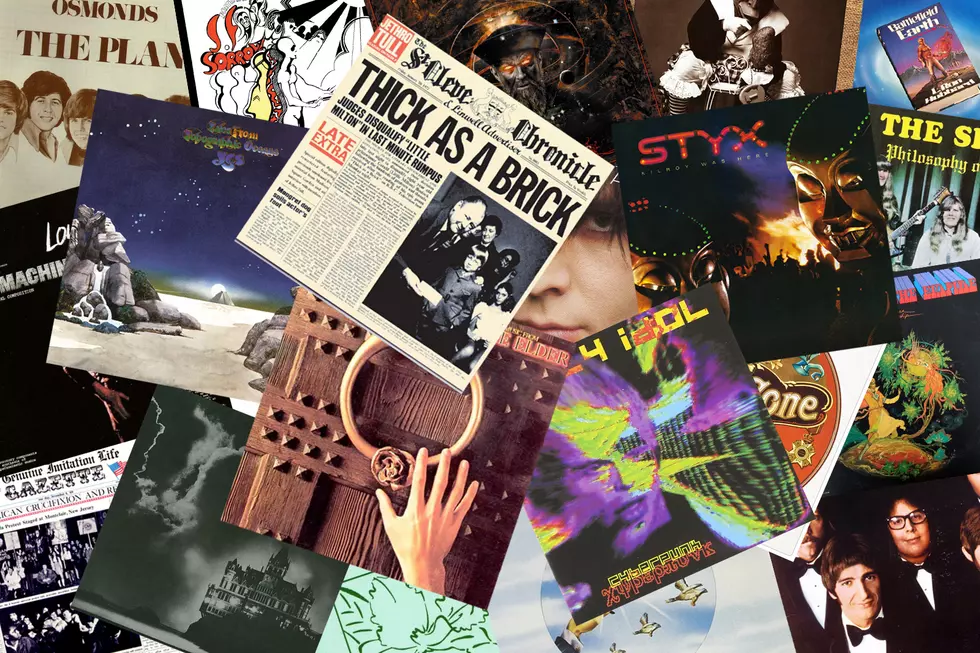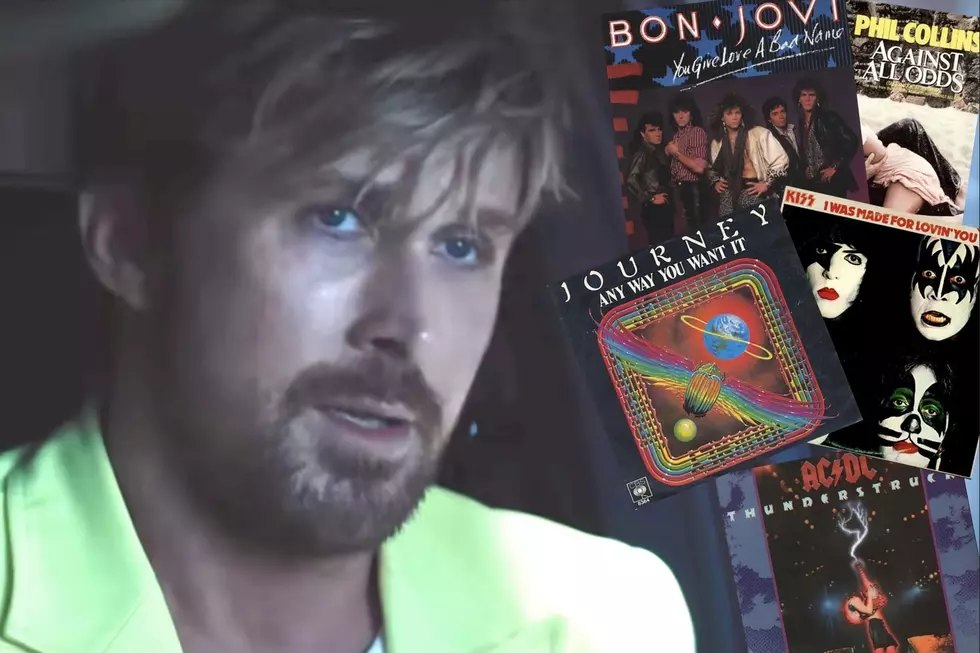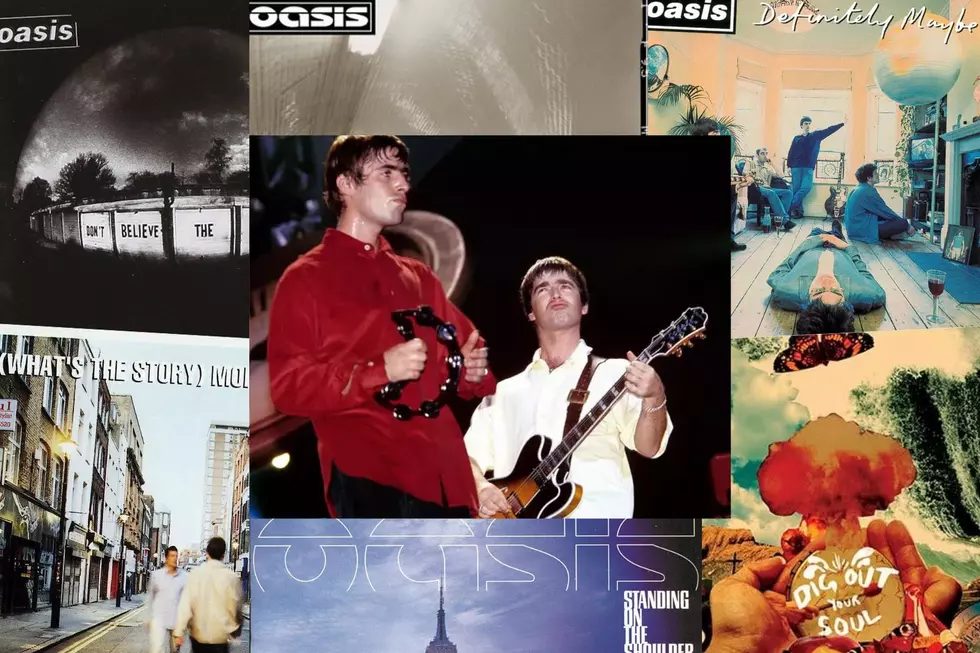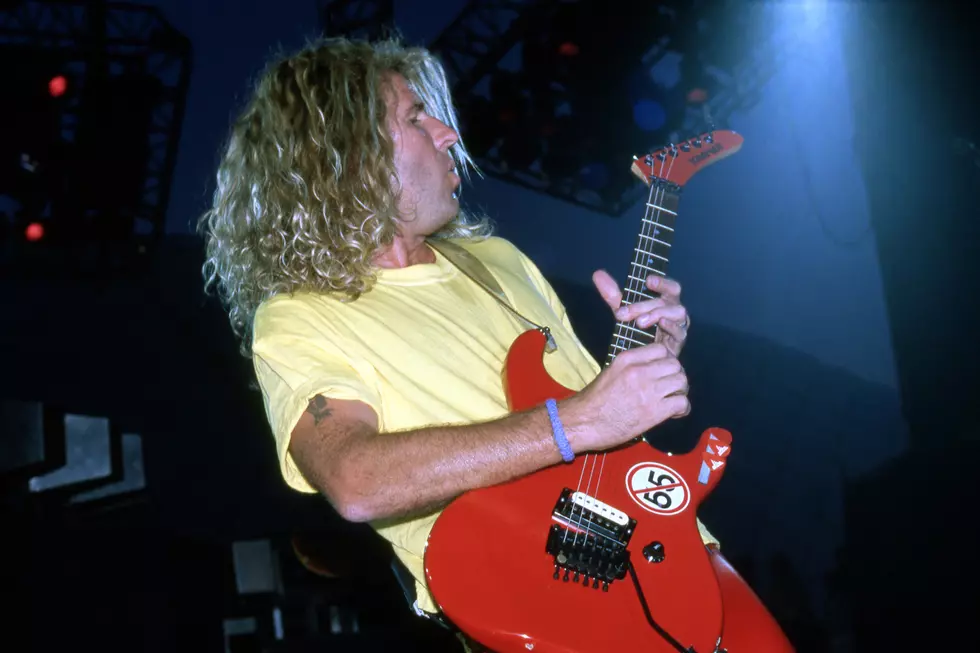
Rock’s 20 Most Far-Out Concept Albums
The entire notion of the concept album is often a slippery grab even for the most hardcore fans. Since the term first came into rock 'n' roll orbit, usually attributed to the Beatles' 1967 classic Sgt. Pepper's Lonely Hearts Club Band album, being conceptual became a real happening thing, or in 21st century terminology, it was heavily trending.
But the concept album really wasn't anything new. Frank Sinatra had already gotten there with albums like In the Wee Small Hours (1955), Sings for Only the Lonely (1958) and No One Cares( 1959), each of which contained recurring lyrical and musical themes. Sinatra even returned to the format in 1970 with Watertown. Poet Ken Nordine was also ahead of the game with his 1966 album Colors.
Rock 'n' roll was nowhere near being conceptual in the heyday of the 45 RPM record, but by the time Bob Dylan arrived and gave lyrics a front-and-center role, it changed the game for everyone. While there was still room for the Troggs, others, such as Ray Davies and John Lennon and Paul McCartney, had started to concentrate more and more on the words they were setting to music. But while Sgt. Pepper's Lonely Hearts Club Band is considered to be a concept album, it came across more like high-concept pop art, because there was never any universal theme or story tying it all together.
The Who's sprawling 1969 rock opera Tommy is often cited as being the first genuine concept album. However, the Pretty Things beat them by several months with their masterpiece S. F. Sorrow, an album that actually does tell a story. The problem was, not too many people heard the album, especially back in 1969. The Kinks also dove headfirst into concept albums with a long run of LPs, including Arthur (Or the Decline and Fall of the British Empire), Lola Versus Powerman and the Moneygoround Part One, Preservation Act One, Preservation Act Two, Soap Opera and Schoolboys in Disgrace.
Often these concepts were too heady and or intricate for the casual rock 'n' roll fan; other times, fans would consume the records like they were a badge of intellectual honor. By some point in the late '70s, the concept album had been put to rest, though not completely snuffed out. The break was short-lived once Pink Floyd built their classic Wall, which opened the door for the likes of Marillion, Metallica and countless others who'd go on to make concept albums in the coming decades.
The following list of Rock’s 20 Most Far-Out Concept Albums includes some of the most ludicrous, messy, weird and wild records, originating from all corners of the pop music globe.
Rock’s 20 Most Far-Out Concept Albums
Real-Life ‘Spinal Tap’ Stories: Styx
More From Ultimate Classic Rock









